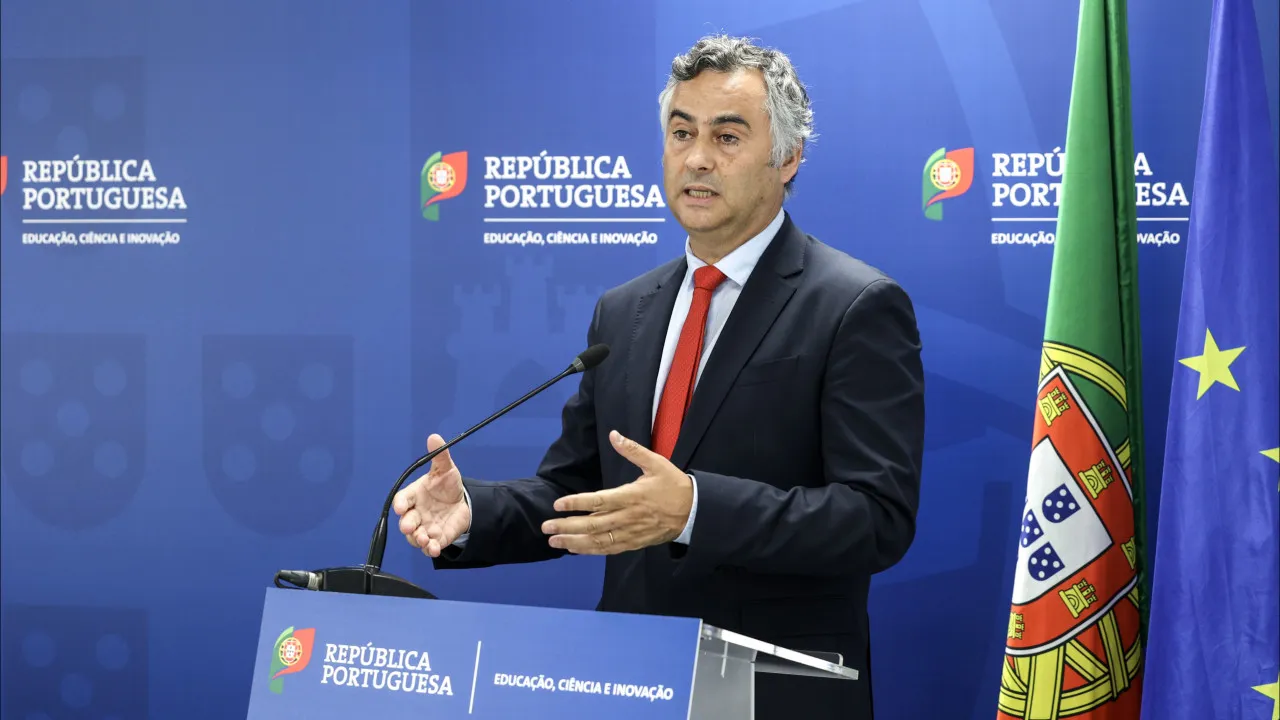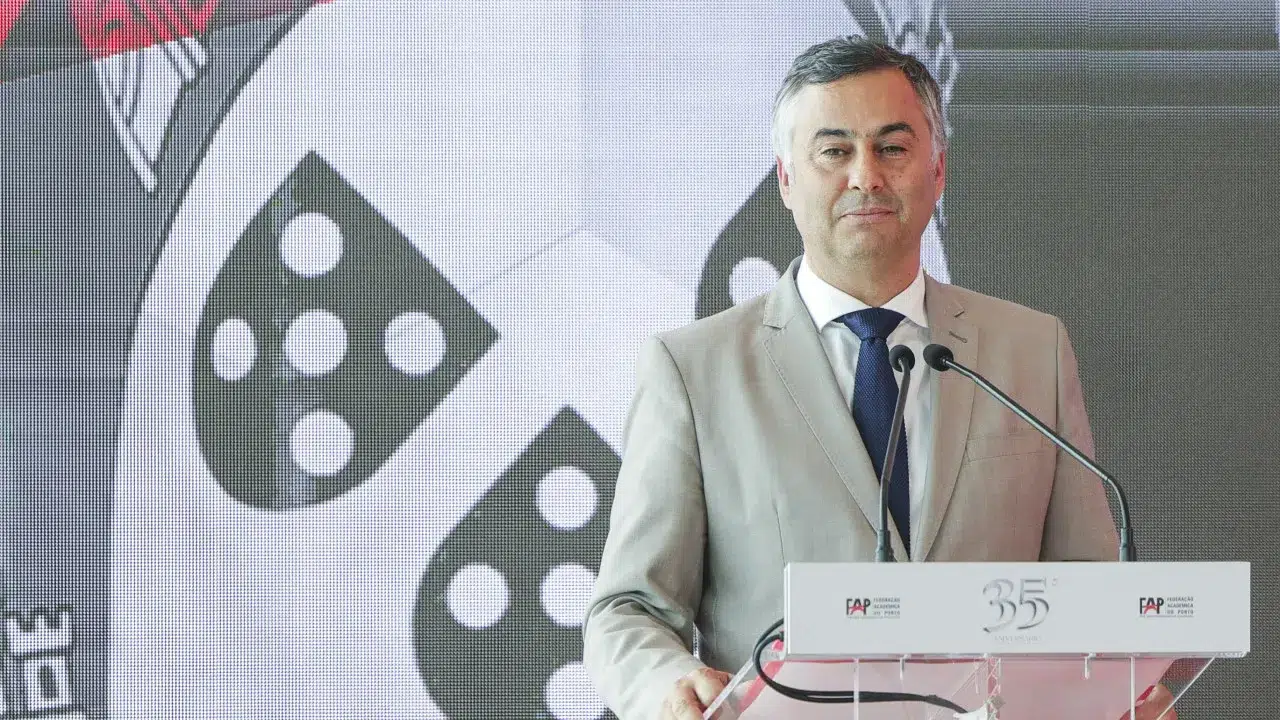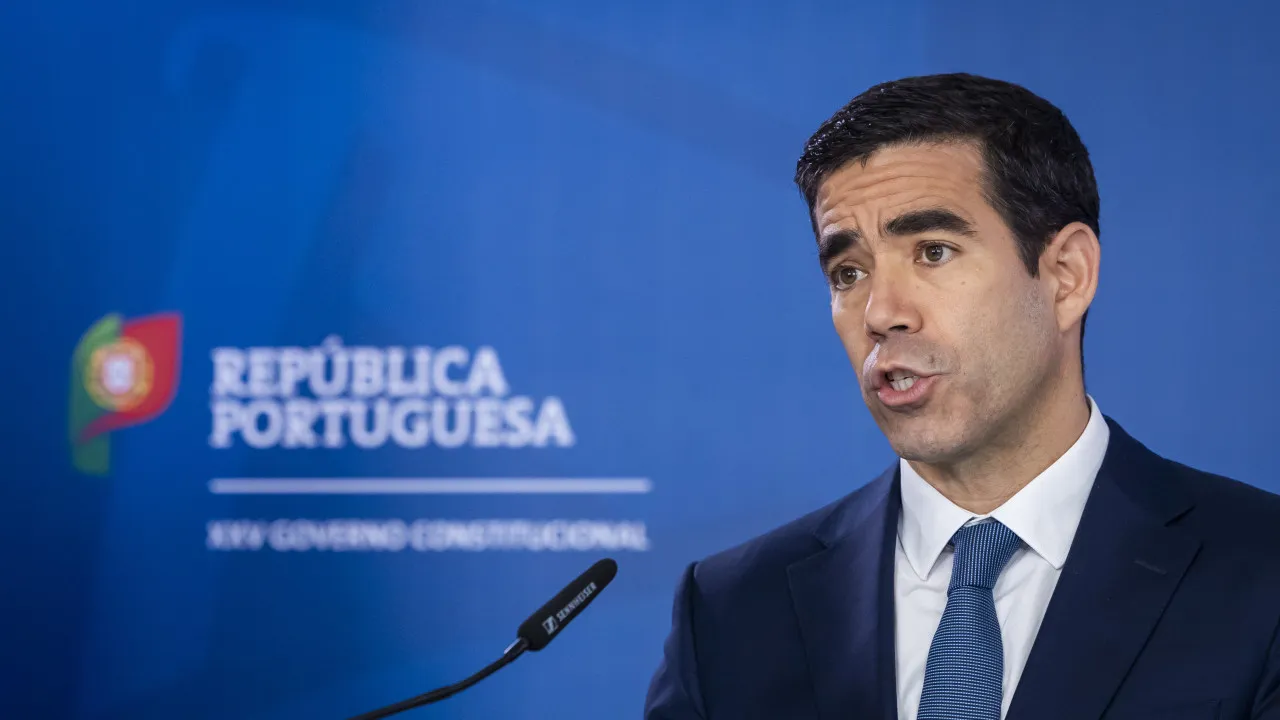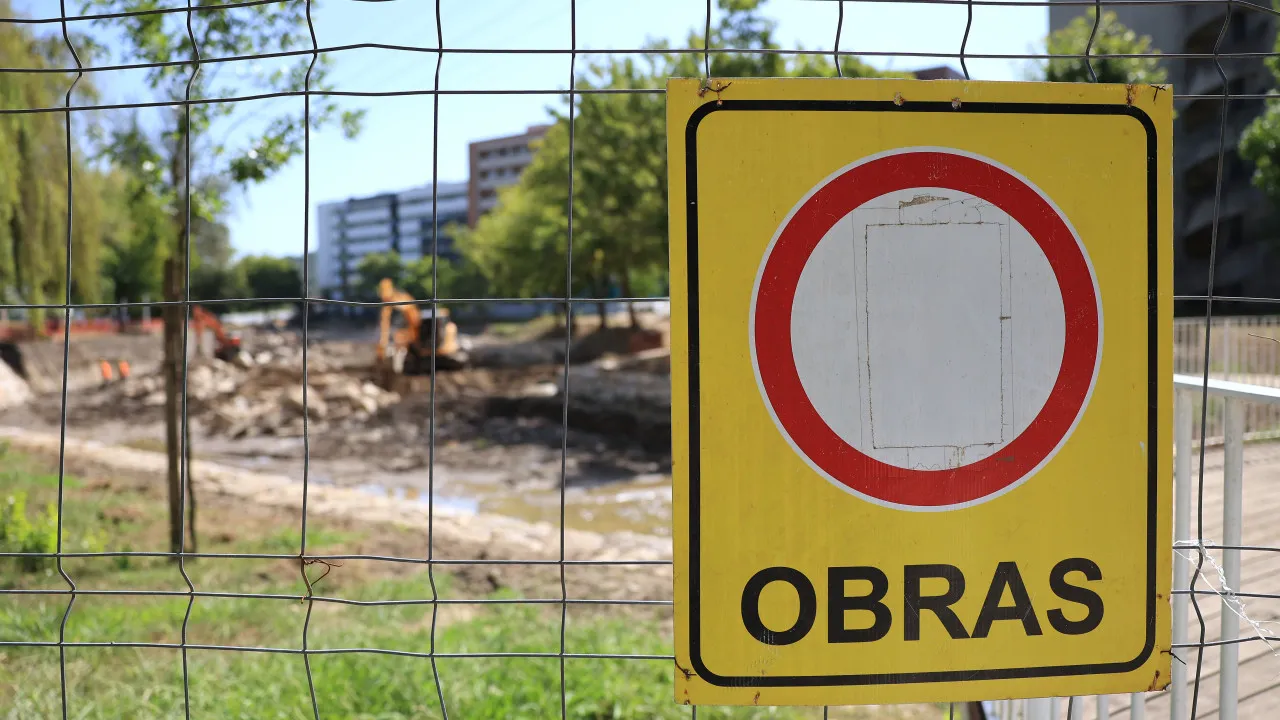
“It is a subject developed across various disciplines in an interdisciplinary manner, with specific projects in schools,” stated Fernando Alexandre, stressing that “it is not true” that Sexual Education has been removed from both Citizenship and Development and school curricula in general.
Fernando Alexandre addressed journalists at the conclusion of a meeting with school directors in Lisbon, aimed at preparing for the upcoming school year, during which he was questioned about changes to the Citizenship and Development subject, whose essential learnings were opened to public consultation on Monday.
A significant change includes the reduction of content related to sexuality and sexual education, a move that has sparked controversy in recent days, with criticism from various experts, teachers, and political parties accusing the government of yielding to conservative right-wing pressures and causing a 40-year setback.
“It would be a huge setback if sexuality education were removed from schools and student training. If this were true, the outcry would be justified,” the minister asserted.
Referring to the 2009 law that establishes the framework for implementing sexual education in schools, Fernando Alexandre assured that these contents will continue to be taught and, specifically addressing the Citizenship and Development subject, he emphasized that the essential learnings “are a very concise description” of the subjects covered in the discipline.
“They are mentioned there and, of course, they can now be expanded upon in the curricula,” he added.
In a subsequent statement, the Ministry of Education clarified that sexual education is included in the essential learnings of the Citizenship and Development course, particularly within the “Health” dimension, even though the words sexual or sexuality do not appear.
In the 2nd and 3rd cycles, the MECI exemplified, the topic is included in points such as “interacting with oneself and others with empathy and respect for wellbeing,” “respecting issues related to each person’s intimacy and privacy,” “establishing healthy interpersonal relationships based on respect, communication, trust, and consent,” and “adopting healthy lifestyles, preventing risky behaviors and situations.”
In Secondary Education, it added, students should learn to “interact based on respect and trust, without discrimination,” and to “identify aspects to be valued in interpersonal relationships.”
Furthermore, the MECI recalled that the subject “should be addressed holistically and interdisciplinarily” with other subjects, so whenever a Citizenship topic is being taught in another subject (Portuguese, History, Biology, etc.), “the Essential Learnings will create that link.”
The statement also emphasized that Sexual Education is present in the curricula of other subjects and will continue to be, citing Law No. 60/2009, of August 6, which establishes the framework for the application of sexual education in schools and defines the time allocation, implementation form in schools, and partnerships.
In today’s statements to journalists, the government official reiterated the importance of ensuring that teachers who teach Citizenship and Development have appropriate training and acknowledged that a teacher of one subject may not be able to cover all the prescribed content, suggesting that class directors manage the teaching so each topic is covered by teachers with the most appropriate training or even by civil society partners, such as higher education institutions or associations.
“My primary concern as Minister of Education (…) is how we will ensure, in those subjects that we all consider essential for the training of citizens, that our students will indeed acquire these learnings,” he added.
[Updated at 19:45]




